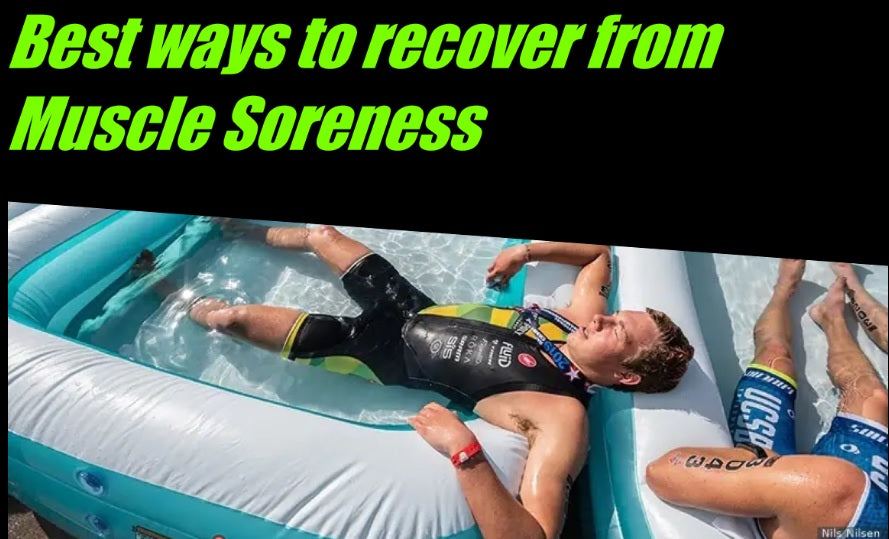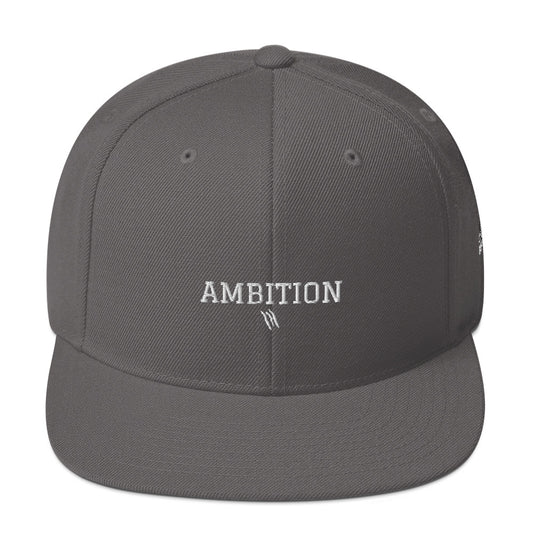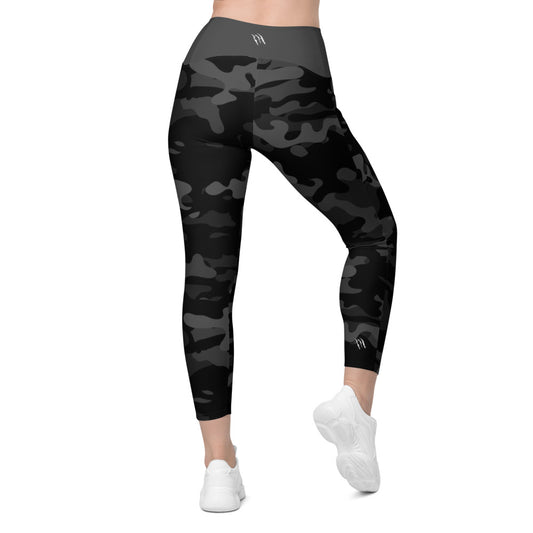
Best Ways to Recover from Muscle Soreness
Share
The best way to recover from exercise depends on your specific body type, goals, and current fitness level. A contrast bath can help your body heal and repair the muscle damage caused by exercise. You can also consume protein to help rebuild muscles and repair any damage caused by exercise. The amount of recovery time you need will depend on your fitness level and the intensity of your workouts. If you have more time, try doing yoga or doing low-intensity cardiovascular exercise.
The best way to recover from exercise is to make sure you rest. The repeated stress that your body experiences during an exercise workout causes microtears in your muscles, which are the cause of inflammation and soreness. These tears put you at risk of tearing your muscles, which can result in a variety of issues ranging from minor discomfort to surgery. Furthermore, your athletic performance will likely suffer if you don't fully recover from exercise.
In addition to rest, you should eat a diet rich in healthy fats. Avoid saturated and trans fats as these can reduce your performance. Essential fatty acids, which are found in fish and some types of oils, are essential for regulating your body's production of hormones and oxygen. You should also eat plenty of vegetables, including spinach, as these contain vitamins A, C and K. You should also include foods that contain magnesium and calcium. These foods are packed with anti-inflammatory properties.
While consuming a diet that contains carbs and proteins, you should avoid consuming large amounts of protein during your workout. It will not provide your body with the energy it needs to complete a workout. Instead, eat small, healthy meals three to four hours after your workout. A post-workout smoothie is a good example of post-workout nutrition. This smoothie contains about 20g of complete protein. You should also drink plenty of water.

As long as you exercise properly, you should allow your muscles to recover properly. A good workout routine involves small increases in intensity and volume, so you can adapt to the changes slowly. You should not start a new workout program in the middle of the week and increase your intensity the next day. Slowly increase the amount of exercise you do each week until your muscles can recover fully from the workout. That way, you reduce your risk of injury.
Besides drinking water, you should eat snacks immediately after exercise. Snack bars are not ideal, as they are often filled with artificial sweeteners, low in essential vitamins and minerals. To make your own snack bars, look for bars with known ingredients. Another good choice for after-workout drink is chocolate milk. It contains both carbohydrates and protein, and will help repair your muscles. Drinking two to three cups of water for each pound you lose during your workout will help your muscles recover faster.
Apart from a warm bath after a workout, you can also use a cold water immersion in the water to reduce muscle inflammation. Although this is only effective in the short-term, cold water immersion does not reduce muscle soreness permanently. NSAIDs can also slow your recovery. However, these drugs may hamper your strength, so it's better to use natural anti-inflammatories like turmeric and willow bark. They can be purchased online.






